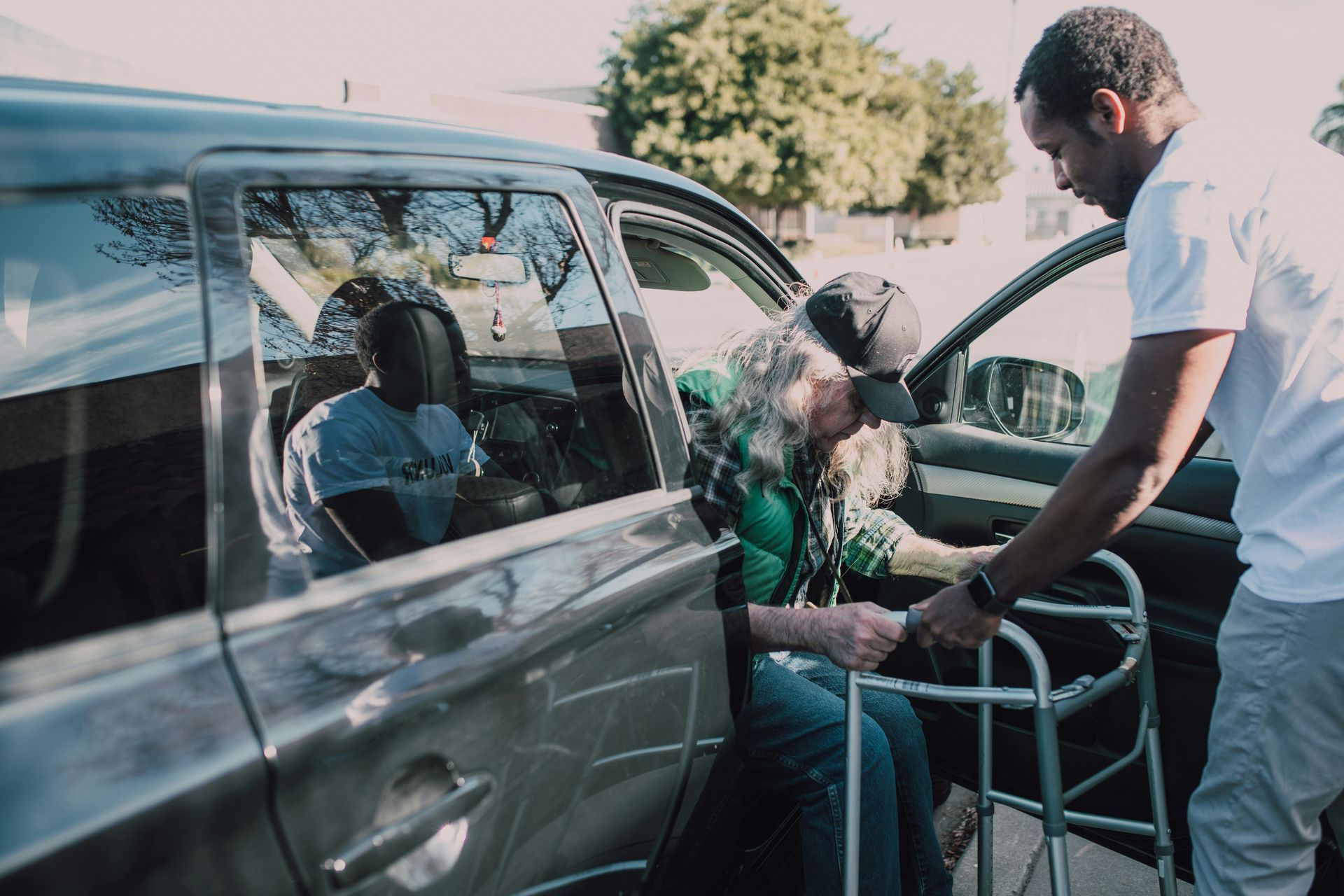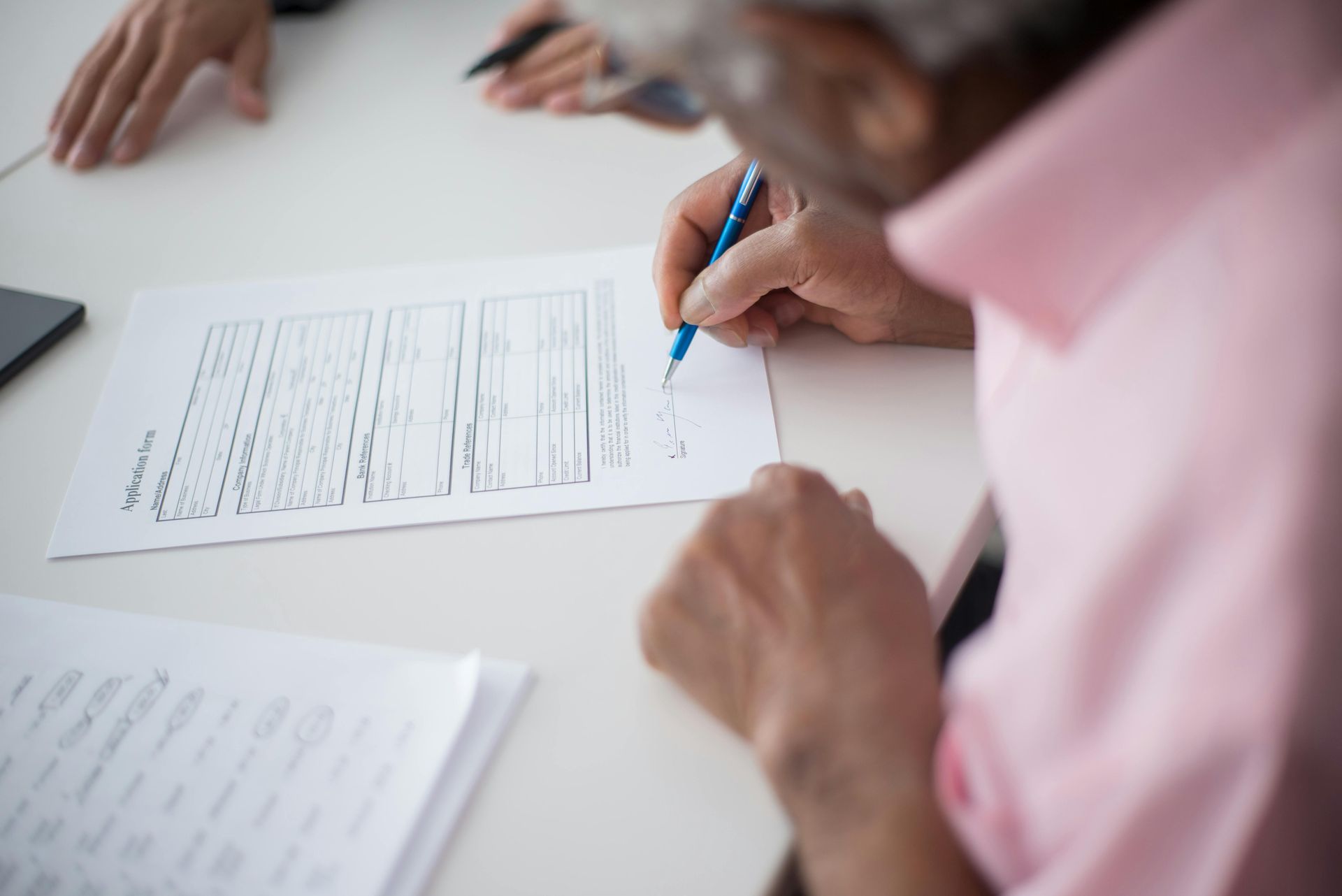Am I Too Young or Too Old to Get Disability? What Age Means for Your SSDI or SSI Claim in 2025
What is a good age when applying for social security disability?

Social Security Disability isn't just about your medical condition — your age can make or break your case. Whether you're 28 and burned out from long COVID, or 61 and worn down by years of physical labor, age plays a major role in how the Social Security Administration (SSA) decides your disability claim in 2025.
So, are you too young or too old to get SSDI or SSI? Let’s break it down.
🔍 Are You Too Young to Get Disability?
You can apply for disability at any age 18 and older, but if you’re under 50, you must prove that you can’t do any job in the national economy — not just your old job.
That’s a high bar.
If you’re 20s–40s and applying for SSDI or SSI in 2025, SSA expects that you:
- May still adjust to other work
- Can be retrained
- Have fewer functional limitations (even if you're very sick)
📌 Tip: Young applicants often get denied not because they're healthy, but because SSA thinks they can be “retrained.” That’s why having the right legal help and medical evidence is critical.
🧓 Are You Too Old to Apply for Disability?
On the flip side, you’re not too old unless you’ve reached full retirement age, which is 67 for most people in 2025. Until then, you can still qualify for SSDI and often have a better shot — especially if you're 50 or older.
Why?
The SSA uses something called the Grid Rules, which favor older workers who:
- Can no longer do their past work
- Have limited education or skills
- Can only do sedentary or light work
If you’re 50–66 years old, your age may help your case.
✅ Best Age Ranges to Apply for Disability in 2025
The best age ranges to apply for Social Security Disability in 2025 depend on how your age impacts the Social Security Administration’s evaluation of your ability to work.
Applicants between 18 and 29 often face high denial rates unless they have a severe condition, though they may qualify more easily under the “young adult” rules if they’ve been disabled since birth.
Those aged 30 to 49 need strong medical evidence and must prove they can’t do any work—not just their past jobs. In these cases, demonstrating failed work attempts and a worsening condition can improve the chances of approval.
Once you reach age 50 to 54, the SSA’s Grid Rules begin to apply, making it easier to qualify, especially if you have limited education or a physically demanding work background.
The most favorable age group is 55 to 66, where even applicants with light physical limitations may qualify due to SSA’s vocational guidelines, which recognize how difficult it is to transition to new work later in life.
⚖️ SSDI vs. SSI: Age Matters for Both
- SSDI: You need recent work history, usually 5 out of the last 10 years. This makes it harder for very young or stay-at-home applicants.
- SSI: You can apply regardless of age or work history, but you must meet strict financial limits.
👉 Not sure which one you qualify for?
[Start your free disability evaluation here]
🚫 Why Age Alone Won’t Win (or Lose) Your Case
You still need to prove:
- A diagnosed medical condition
- That it prevents full-time work
- That it’s expected to last 12 months or more
But age can change the outcome — especially at the hearing level or on appeal.
🧠 Final Thought: Don’t Let Age Discourage You
Whether you're 29 or 64, your age affects how your case is reviewed — but it doesn’t disqualify you. Many people are wrongly told they’re “too young” or “too old” to get benefits. That’s just not true.
With the right legal help and case strategy, we’ve helped clients of all ages get approved.
💬 Free Case Review – Find Out if You Qualify
Don’t wait months only to be denied because of avoidable mistakes. Let our team:
- Review your eligibility
- Explain how your age affects your case
- Help you apply the right way
👉 [Click here to start your free Social Security Disability case evaluation]










